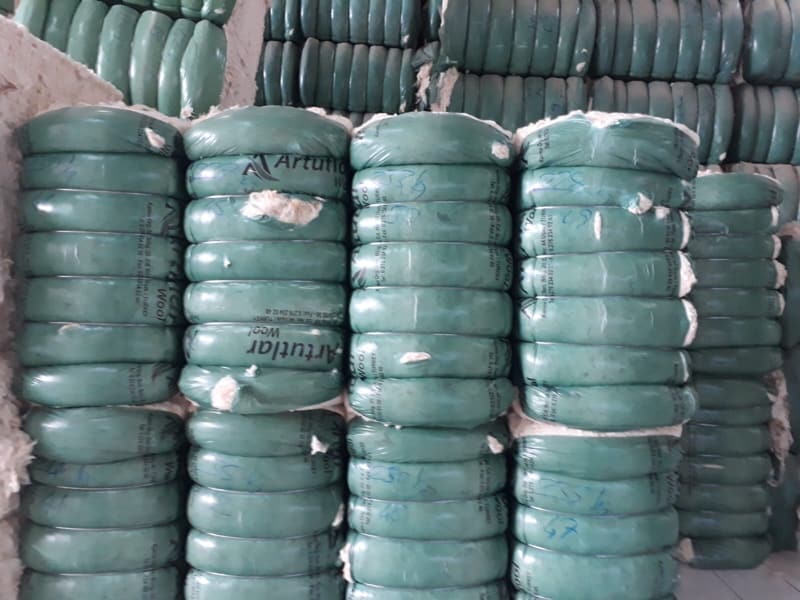interview with Artutlar wool, a leader Wool Fiber producer in Turkey,
Mr Abdullah Artut Ceo and Mr Erhan Artut / By Kohan Textile Journal
Artutlar wool factory was established by Abdullah Artut in 1992. In the first years of its establishment, the supply of quality raw materials to the Turkish yarn and carpet sector started with a monthly capacity of 100 tons.
Please let us know more details about Artutlar wool company, products, history and success story.
Our company, which has developed itself as a quality and facility under the leadership of Abdullah Artut over the years, reached a capacity of 1500 tons in 2010 and has reached an important point in its sector.
Our company, which has become a favourite in the Turkish wool sector, has opened to the world market in a short time.
Erhan Artut established our company’s export department and played a big role in our factory’s access to the world market.
Established in these years, the company’s most important principles have been the principle of standard high-quality wool and customer satisfaction.
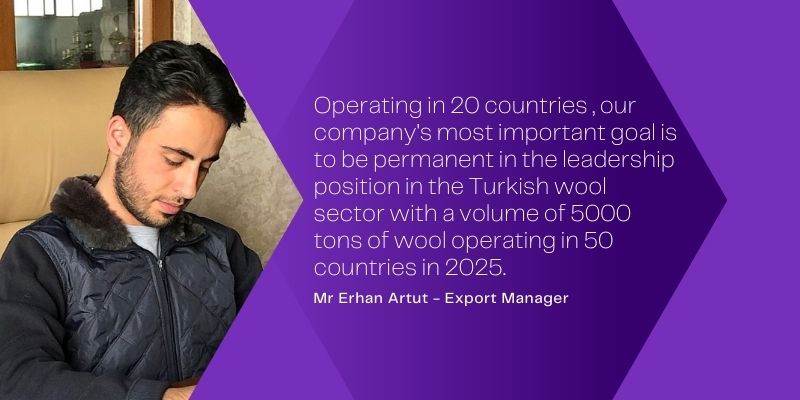
Looking back from 2020, it is possible to see the change with the eye. In 2020, our company exports wool to 15 countries from the 2500 ton capacity facility with its plant investments and its team specializing in wool.
Artutlar Wool operates in Europe, Far East and Middle East wool markets, with its raw wool procurement, detailed classification process, packing, and fast and planned shipment programs.
Based in Uşak city in Turkey, our company offers both local and global services, with its greasy and scoured wool capacity of 2.500 tons/year.
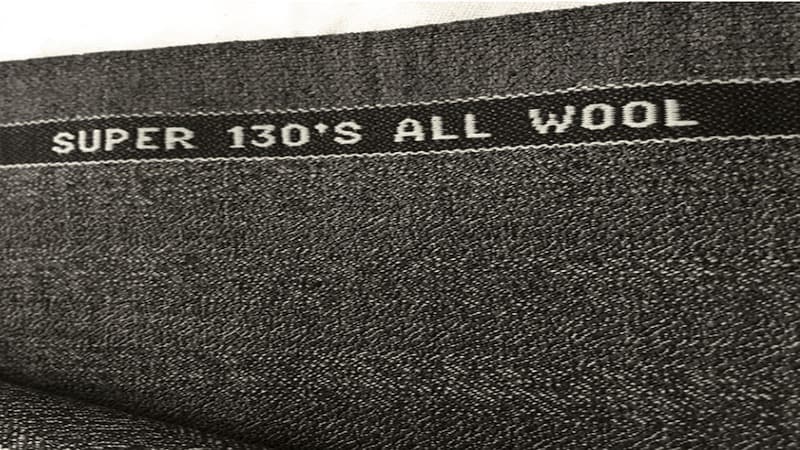
Please let us know why wool is a precious and expensive fiber?
Wool is an organic fiber, which is soft and looks like curly hear, covering the bodies of domestic herbivorous animals such as goats and camels. As well as it protects the animals from rain, cold and physical conditions, the wool also meets clothing and spreading needs and other household needs of people. 9% of the fibers used in weaving and textile industry is wool.
Wool fiber is a kind of protein called keratin, and it stems from 5 and 12 pieces of thinner fibers coming off adjacently from the epiderm. There are sebaceous and sweat glands right at the bottom of wool fibers. There are 4000 – 10000 pieces of hear per square centimetre on the skin of a sheep. The number of fibers forming the hair depends on the species and body area of the sheep. On the skin of an adult merino sheep, there are 20 million – 126 million pieces of hair. The thinner the wool fibers are the curlier they become.
A wool fiber carries approximately a load of 20 kilograms and it may stretch up to 30%. The view of a wool fiber under a microscope looks scaly like crocodile skin. It does not conduct electricity and heat. It is a good moisture barrier. When the wool is burnt, it emits ammonia gas, and the fire of wool dies immediately when the fire is gone. This feature also indicates that it is fire resistant.
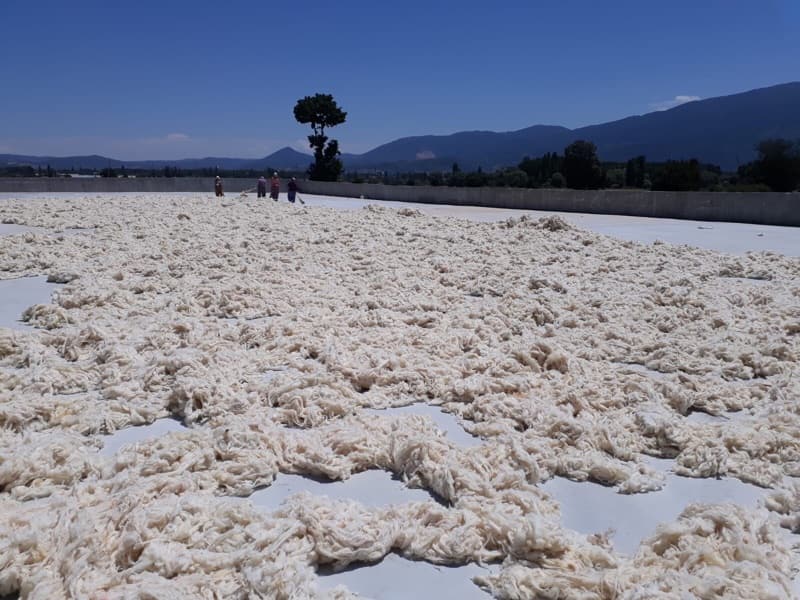
The quality of wool is related to the age of the animal. Top-quality wool is obtained from a two-years old animal. The wool starts to stiffen on older animals.
One fourth of the total amount of wool produced in the world is in Australia. New Zealand comes after that. Types of animals providing wool in Turkey are Kıvırcık (Curly) in Thrace Region, Karaman in Central Anatolia and Eastern Anatolia Regions, Merino sheep in Bursa and Balıkesir vicinity, and Tiftik (Angora) goats in Ankara.

The wool sheared in spring is called “yapağı (fleece)”. As its wool fibers are very thin, high-quality yarns are obtained from yapağı (fleece). The quality of the wool is determined by the fineness and tensile strength of its fibers. The longer the thread length produced at a certain thickness, the higher quality the wool is. The finest fiber wool is obtained from merino sheep. The thickness of those wool fibers is ranging from 16 microns to 50 microns. The wool on the shoulder tops of the animal is thinner.
Wool used for manufacturing fabric, knitting yarn, blankets, carpets and rugs, based on their quality and manufacturing methods.
Wool is roved by hand and spun with spinners in some villages and towns of Anatolia. They are dyed with natural dyes in desired colors. Jumpers, socks and gloves weaved from those in various colors are the artworks of a fine taste and effort.
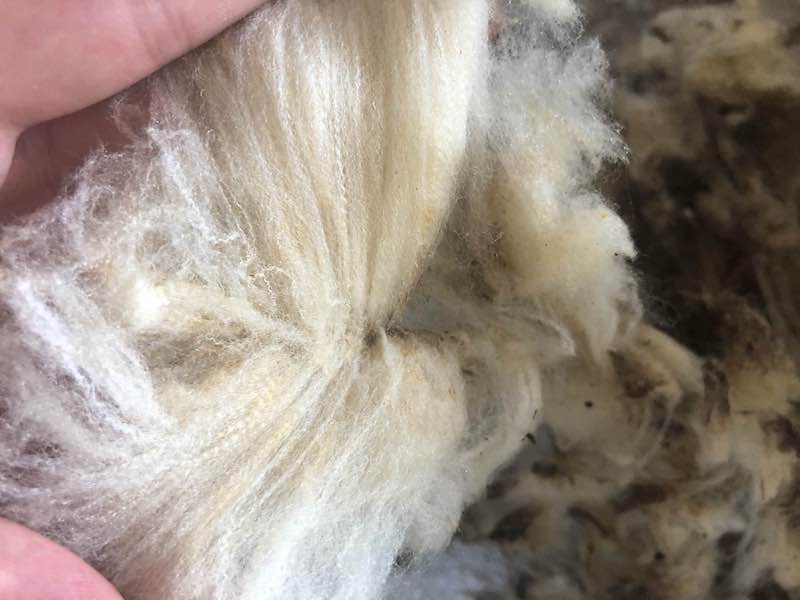
Wool Features;
- Is a natural product.
- Wool is an animal protein fiber.
- It’s structure is highly curled.
- Does not burn easily
- As it keeps warm, it is used in the manufacture of blankets and winter clothing.
- It is a valuable weaving material that arranges the body-environment interactions in the best way.
How do you evaluate the textile and fashion industry in Turkey in COVID19 Pandemic period?
Due to a disease that began in China in the first month of 2020, textile factories in many regions of China were forced to close. After the companies closed in China in this process, the European and American market turned to Turkey, which has a strong textile infrastructure. Turkish companies operating in the textile sector that do not miss this opportunity for many years have once again proven themselves in the world with quality textile materials and fast production facilities.
March decommissioned many factories due to the epidemic that began to appear in our country when I arrived. As of April, companies that have reopened factories with state aid and Crisis Management are still working at a point that dominates the world market. In this crisis, we can say that Turkey is among the countries that have received the least damage as a country and sector.
As a leader wool producer in Turkey, how do you evaluate wool production and consumption in the Middle east and globally?
First of all, the wool sector is also in an important position with the number of sheep in Turkey and the Middle East. After Turkey and Middle East countries make the wool they process ready for use, they ship it to the Far East and European market. In these countries, wool that is ready for use becomes fabric, knitwear, carpet, blanket-like products.
Our countries, which have an important position in wool exports, have an important position in the world wool textile sector.
In the developing and changing world system, our companies, which are competitive in their own market and supply quality products, contribute to this development and become pioneers.
Our Market volume is growing thanks to the quality of wool and the quality qualities of wool processing plants, and there is no doubt that it will become a better place in the use and export of wool in the near future.
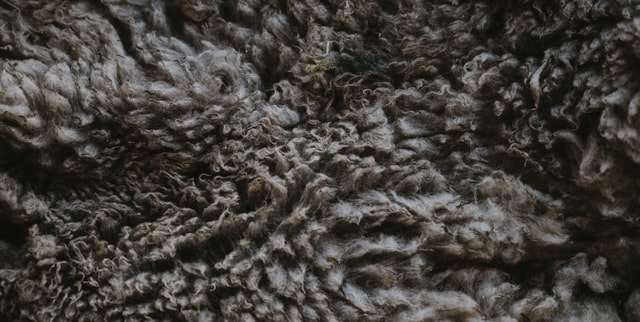
COVID 19 shows us we should rely more on sustainability and green products, what do you think about sustainable textile and fashion market?
Now people all over the world are gaining more awareness and practising this every day. Abandoning products harmful to the environment and air and choosing natural products will benefit all humanity.
Especially wool, which is 100% Natural, has a special place in this regard. According to synthetic fibers, wool, which is harmless to the environment and beneficial to humanity, there is no doubt that this sustainable sensitive textile market will be the most popular raw material.
It is obvious that representatives of the textile sector around the world will contribute to this development and are approaching reliable sources with utmost sensitivity to the environment and humanity every day and are in a great change.
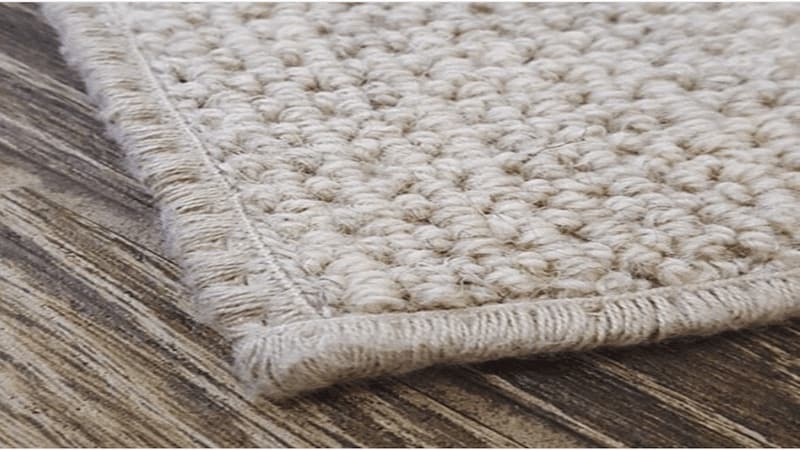
Please let us know about Artutlar export. which countries are your main destination for export.
Today, as a company based in Turkey, it occupies an important position in the mainly Chinese, Indian and European markets.
It supplies quality wool to many wool and textile industry companies operating in these countries. Our company’s most important principles have been quality raw material supply and customer satisfaction since its inception. Founded in 1992 with a monthly capacity of 100 tons, our company has reached a capacity of 2500 tons today.
Operating in 20 countries , our company’s most important goal is to be permanent in the leadership position in the Turkish wool sector with a volume of 5000 tons of wool operating in 50 countries in 2025.
